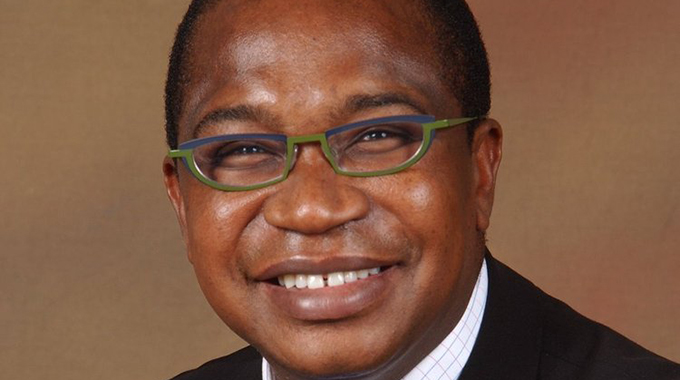EDITORIAL COMMENT : National Budget changes the path

Zimbabwe’s austerity Budget presented yesterday passed the major fiscal test: Next year we will pay a little over $450 million more in taxes than the Government plans to spend on salaries, allowances, pensions, operations and maintenance. So Finance and Economic Development Minister Professor Mthuli Ncube has managed to stop the disastrous borrowing for recurrent expenditure.
There is a Budget deficit, of a hefty $1,57 billion on his $7,77 billion Budget, but that is accounted for by capital expenditure of $2,02 billion with agriculture taking the largest share, a little over 42 percent of that capital total, largely so we grow the food we have to eat. But seeing Zimbabwe’s Government not just covering the monthly bills, but also using taxes for a quarter of capital spending can be regarded as a modest miracle.
To show the sort of disaster that we had to move away from so decisively, the deficit has fallen from $2,86 billion this year, some of which meant that we have been borrowing money to pay salaries and that 2018 deficit would have been far closer to $3 billion, but for the 2 percent transfer tax in the third quarter.
And the fiscal switch is from more tax revenue. Planned expenditure has hardly shifted from this year, about $3 million more which is trivial. What has changed is the extra $900 million in new tax revenues, which is added to a modest carry-over of retained revenue.
So at least we are now on the right path and have edged away from the cliff face of a runaway fiscal collapse. The minister has also announced a set of measures to tighten up the issue of Treasury Bills according to respectable accounting standards instead of using them as loose change whenever the Government needed a few hundred million dollars.
Minister Ncube’s tax changes were modest. There was a little more movement to help industry grow. Zimbabwe cannot spend its way out of trouble, it has to produce its way. And among the tax measures was a rebate for creating jobs.
One of the major themes of the industrial concessions was an insistence that extra business cannot be done by shuffling paper. Those who benefit have to pass several tests that ensure that the new business is genuine.
The decision to make those charging for goods and services in pure US dollars to pay their taxes in US dollars and for those importing cars to pay duty in foreign currency will help cool some people down. The pressure to cut imports of motor vehicles will, we hope and we suspect the minister hopes, provide more incentives for more local assembly.
There were also little breaks for the ordinary person, with the 2c tax now lifted on a few modest payments. The biggest tax break was a useful although not spectacular cut in income tax. While some might think this was balanced by the rise in consumption taxes, especially the higher tax, around 5 percent extra, on fuels the minister made it clear that he did not really see that new tax as a revenue measure. He in fact is rather hoping that motorists and businesses use less fuel so our import bills decline and scarce forex is used for more important requirements than being burned in an engine.
Another road users measure, the new fines of $700 that courts can impose for driving offences like going through red lights or cutting the corner on right-hand turns, is again not expected to raise revenue. It is designed to frighten drivers so they obey the law and stop killing and maiming each other and their passengers.
The pay cuts for ministers and senior civil servants was a gesture that the Government means business and is prepared to walk the talk. The effect is, admittedly, largely balanced by the income tax cut, but unlike their counterparts in the private sector the top echelons of Government are not winners from that move.
The other serious move to back talk with cash was the decision to double the Budget assigned to fight corruption. With President Mnangagwa making it clear that no one is protected and now more efficient investigation, this filthy menace must be defeated.
As we and others have noted already, the effects of yesterday’s Budget will not be immediate. What it largely did was make it clear that we are going to switch our priorities from sloppy fiscal operations that have already damaged our economy and were likely to wreck it before long, to a far more stern and economically viable path.
We all need to ponder the title the minister gave his statement: “Austerity for Prosperity”. If we want to know why we have to tighten up so much, there is the answer, so that we can move ahead to becoming a decent middle income country by 2030. There are no short cuts, not magic wands, no dollars dripping from heaven. If we want to become prosperous and have a decent country for our children we have to work for it, and stop messing around. The minister’s businesslike Budget, designed to fix problems rather than court short-term popularity, maps out the path for the next year that will lead to prosperity.










Comments